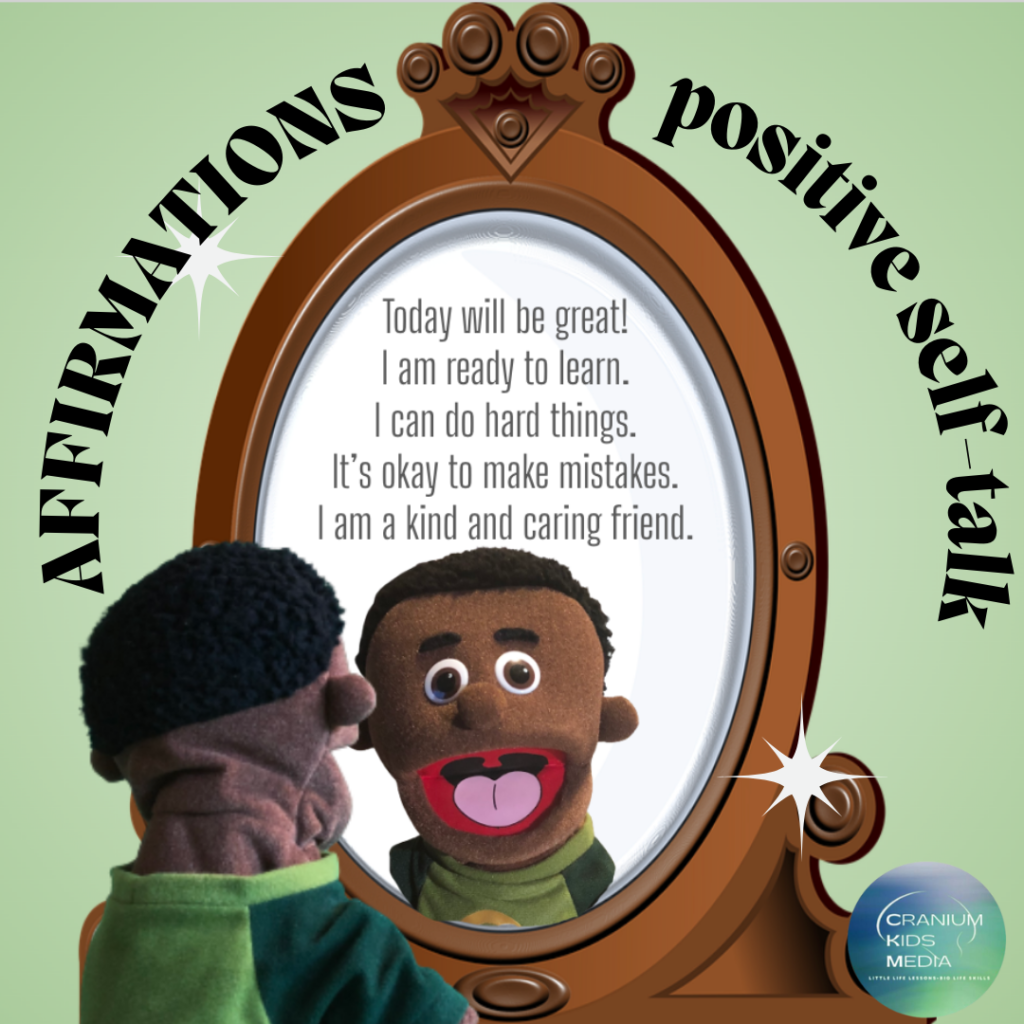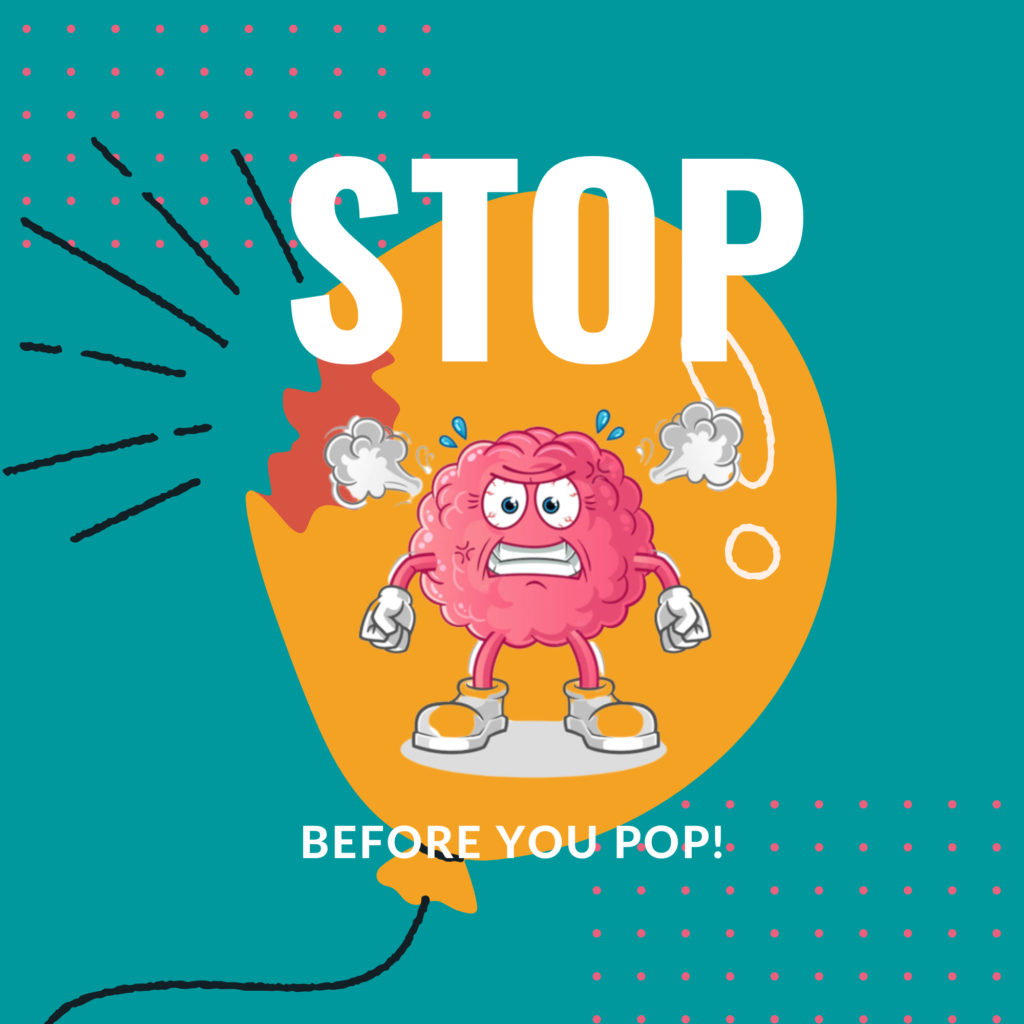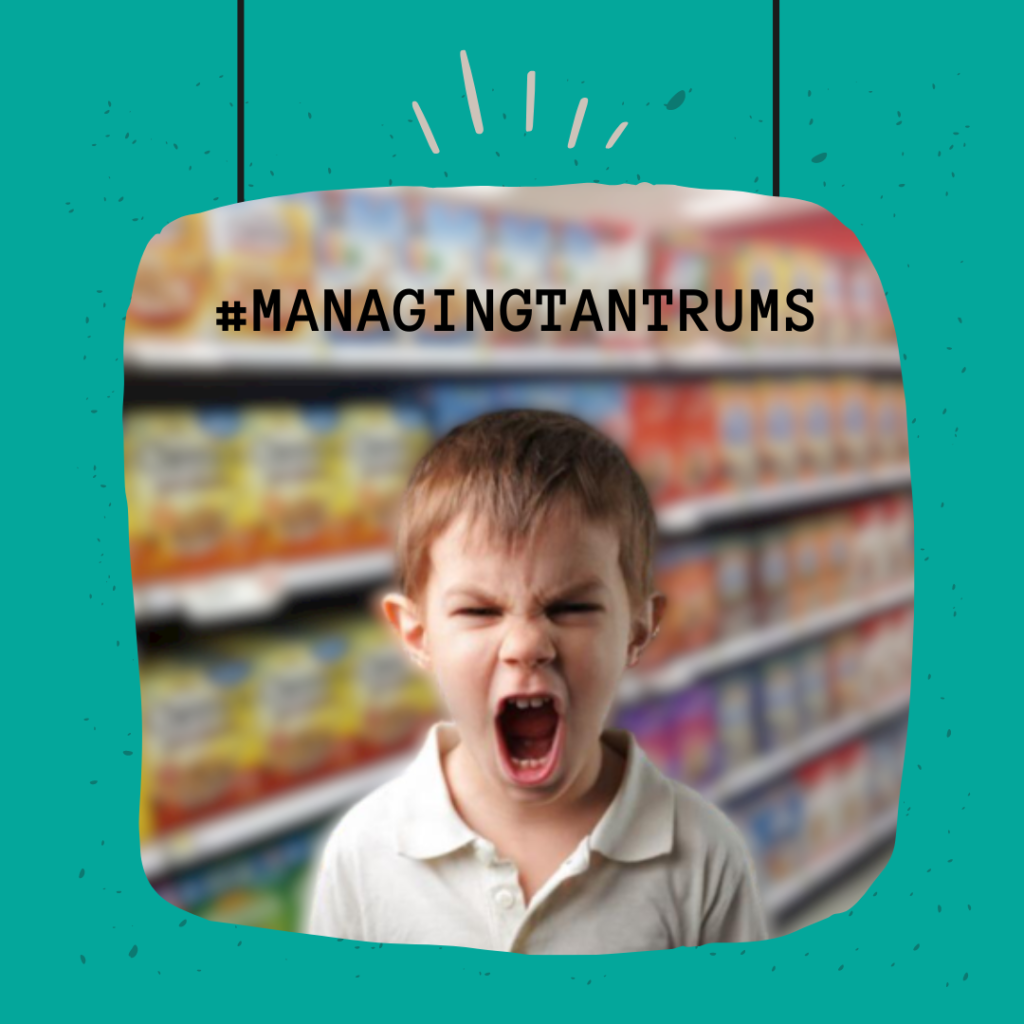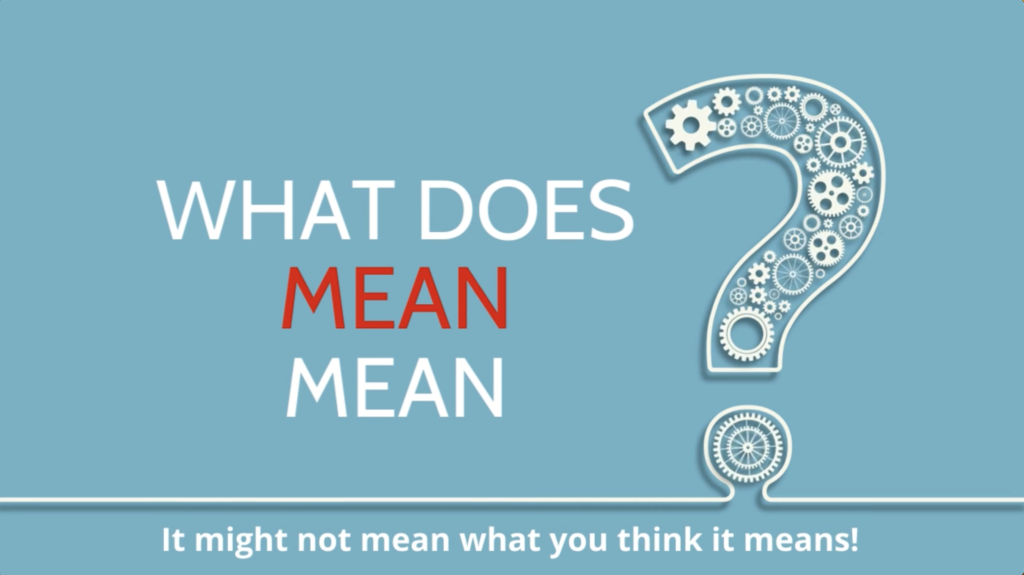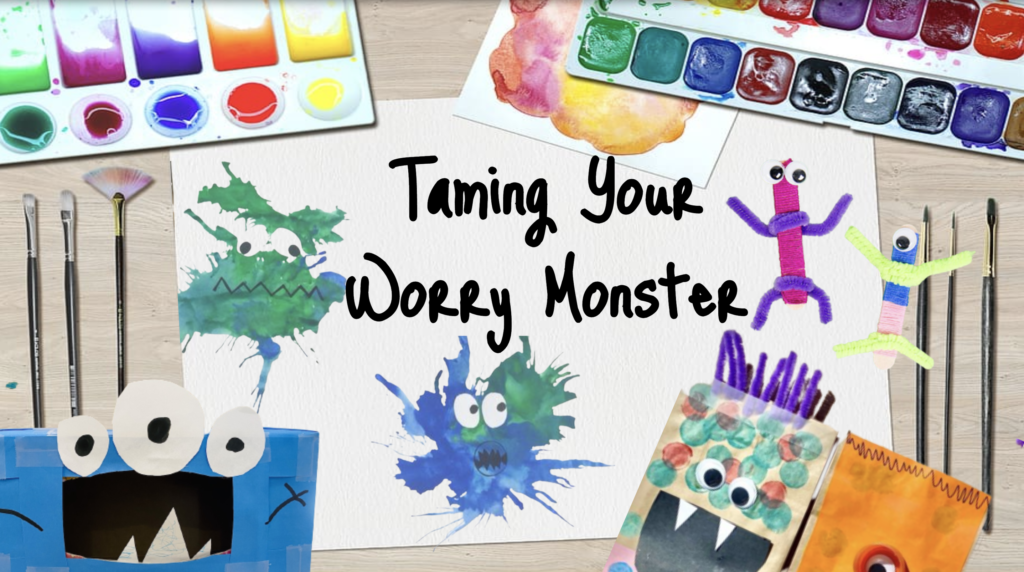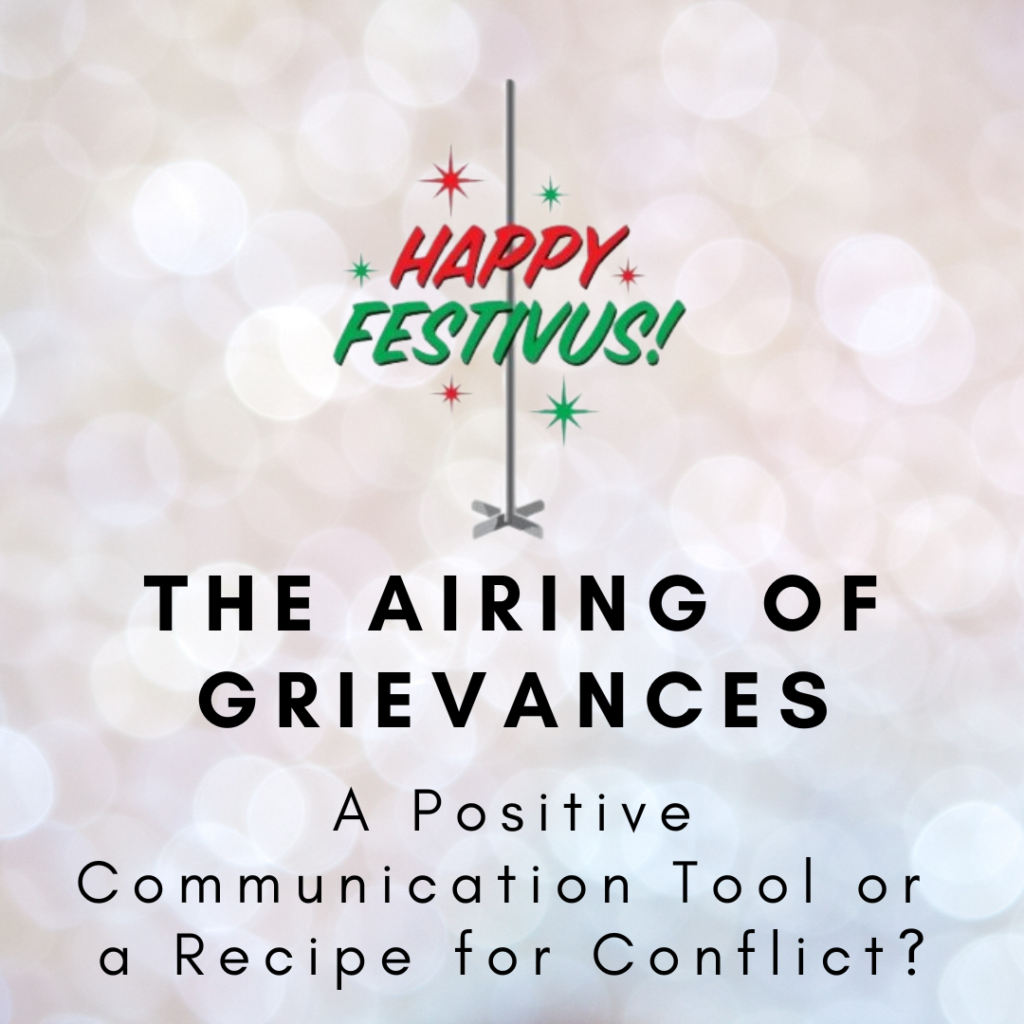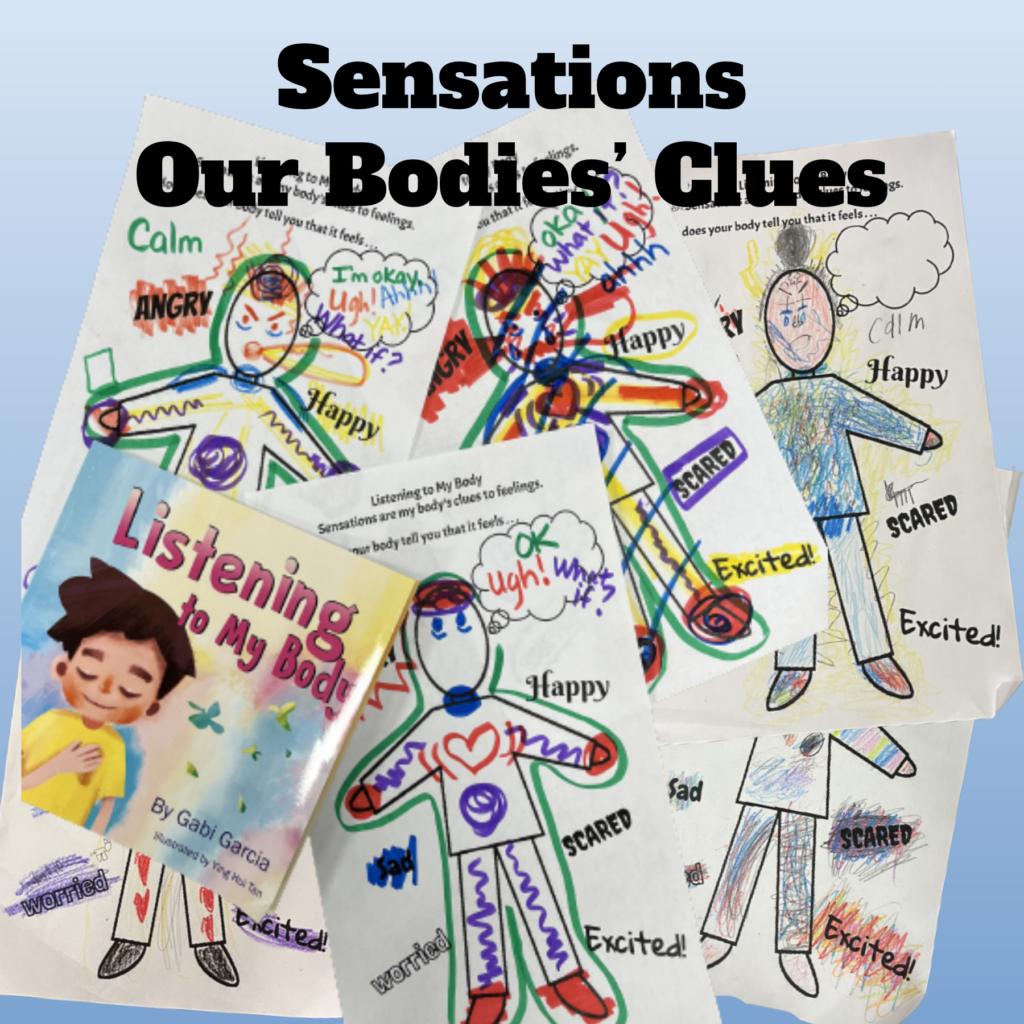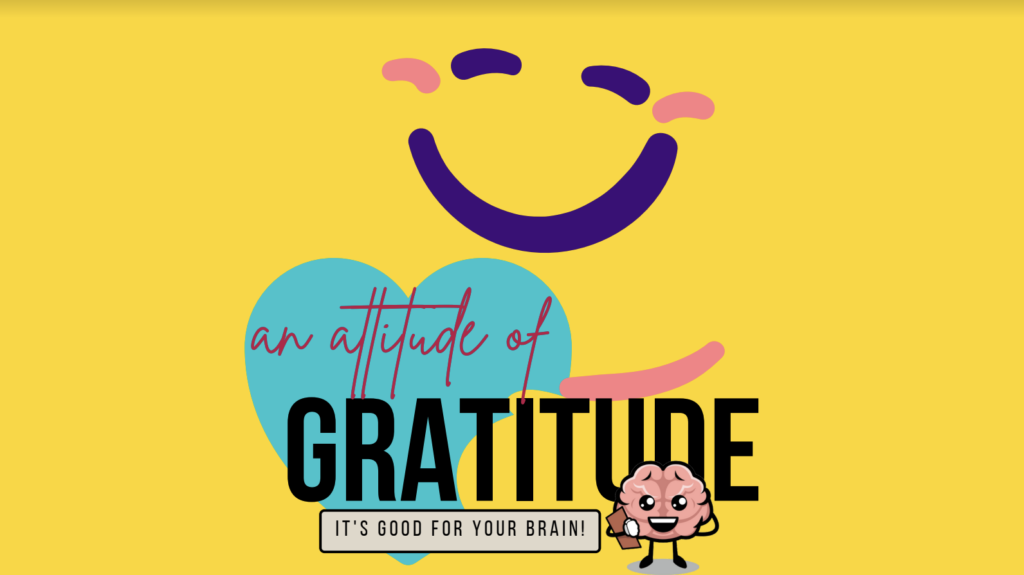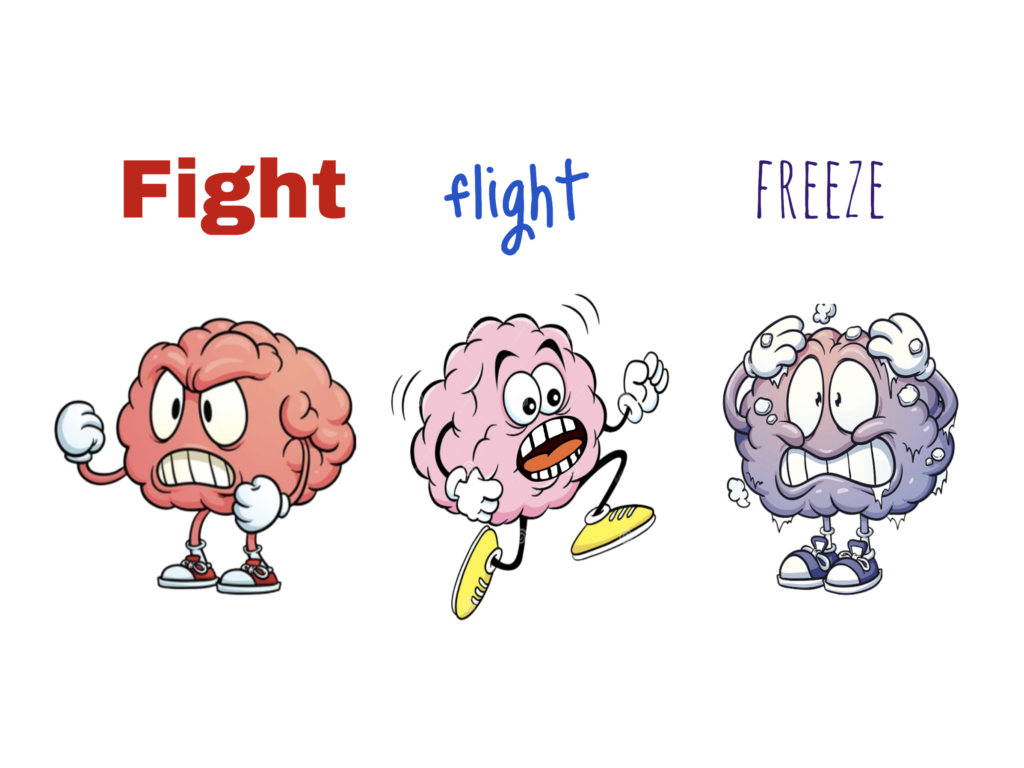Affirmations: Powerful Little Pep Talks for Your Brain
Hi everyone! Have you ever heard of affirmations? Affirmations are simple, positive statements that we repeat to ourselves to provide encouragement and motivation. And did you know that they are based on science? Our brain’s language is repetition. Whatever we say or think or do repeatedly sticks in our brain. When we practice doing something […]
Affirmations: Powerful Little Pep Talks for Your Brain Read More »

